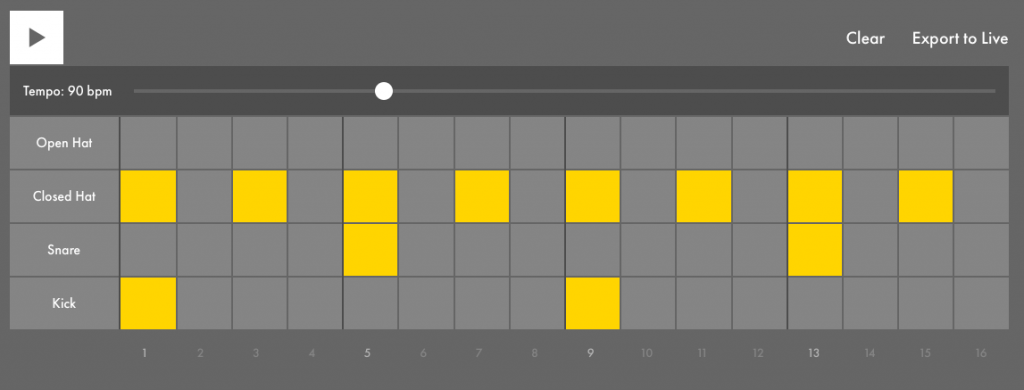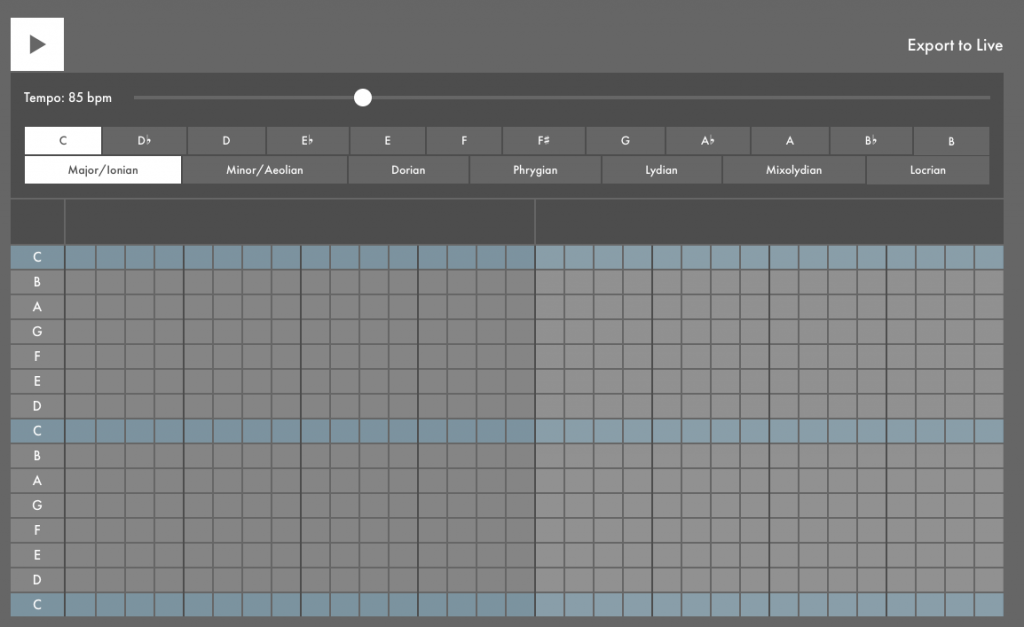I was quite serious about playing tuba in high school. Somewhere between video games, I actually practiced between a half-hour to an hour every day for almost four years. I can read both treble and bass clefs and various rhythms and time signatures.
As part of my daily warmup routine, I played my major scales every day. By my senior year, I was playing natural, harmonic, and melodic minor scales as well. Although the minor scales are long gone, I still remember the fingerings for my major scales and use the fingers to remember the notes.
I played arpeggios and thirds and chromatic scales. I listened diligently in rehearsal and lessons to my teachers explaining musicality and
And despite thousands of hours, I never really figured out how music works.
During my junior year of high school, I volunteered to play in a medium ensemble accompanying a church choir for a special holiday event. Most of the pieces had either tuba or string bass parts for me to follow, but one piece just had the choir parts, and I was told to just play accompaniment. I figured out the first note just based on the scale, and then I was done. During the concert, I just sat the piece out, and the director never said a word to me about it.
Up until then, I had never needed to improvise anything. I usually had sheet music, and when I didn’t, it was only because I had memorized the sheet music. I literally didn’t know what to do without it.
In college, I played bass trombone in a jazz combo for a quarter and quite enjoyed the experience. When it came time for our performance, I got through my solos okay, but even then, I had been slowly working out set parts during rehearsal up until then.
And through all of that, music composition was a mystery to me. I had tried to learn music theory, but it never felt particularly valuable to me. I knew the scales and circle of fifths. I could figure out what chords were based on scales and triads, but how that turned into even basic chorales or melodies still didn’t make sense to me.
Earlier this year, I decided to read Godel, Escher, Bach again. I read it about 15 years ago, and although I enjoyed it, I felt like I wasn’t really getting into the meat of it and needed to truly study it. To get there, I wanted to study the preliminaries first. So I started with Bach, and I figured I actually needed to learn music composition.
I looked around for references online and eventually stumbled on Ableton’s Interactive “Learning Music” Course. Starting with the drums, it was actually fun using the interactive tools to compose beats. Ableton translates the musical staff into a grid where you could put stuff in and listen to it over and over. At first, I was intimidated and just started clicking stuff all over the place and listened to the noise.

Then I slowly cleaned it up, and out of the noise came something that sounded not terrible.
Some people say that carving sculptures is just slowly chipping away everything that isn’t the sculpture. That always sounded like nonsense to me, and then I made a beat.
I breezed through the following sections on notes and scales, but then I got to chords, and it all clicked. I always wondered what the gap was between my understanding of music theory and composing music was, and apparently, the gap was actually just doing it.
Well, that and good presentation.
Having never written music before, empty staff lines look really intimidating. What are you supposed to fill in with? The Ableton tutorial visually laid out every 16th note horizontally, sets different parts vertically, and only shows the notes in the scale. Of course, it’s only 2 bars with restricted pitches and rhythms, but it’s hard to go really wrong with it.

I first impressed myself when I fixed something. I had laid out a melody and chords, and when I listened to it, it sounded wrong. I checked the notes again and realized I had written a different chord than I intended (the V instead of the VI) and therefore picked the wrong notes for the melody. I fixed it, and it sounded better. Music theory works.
That being said, music does need something a little “wrong” with it to be unique. During the first hour, my compositions all sounded like warmup chorales since I only used notes in the chords. After that, I got more adventurous.
It didn’t sound like nothing, and that’s kind of incredible. Strictly by combinatorics, most randomly generated music should be terrible, but when I actually used scales and chord progressions, most things ended up sounding okay.
All of that being said, what I composed should never be shared because it was quite boring.
This is probably the end of my music composition journey, but I’m happy where I am. Previously, it was all a mystery. Knowing a little more, I’m so much more impressed by all of the music I have heard and played. It’s maybe not useful, but I like what I got out of an afternoon of writing music.
One reply on “Learning the Magic of Music Composition”
That’s really cool reading about your journey in music composition Kevin. Funny thing, I tried read Godel Escher Bach when I was younger, but I only got about 50 pages in before giving up!
I recently started practicing piano again and I’m trying to figure out how to play songs by ear. I’ve been watching some youtube videos on music theory; I feel that the first step is to understand chords and progressions more intuitively, kind of like you did here.